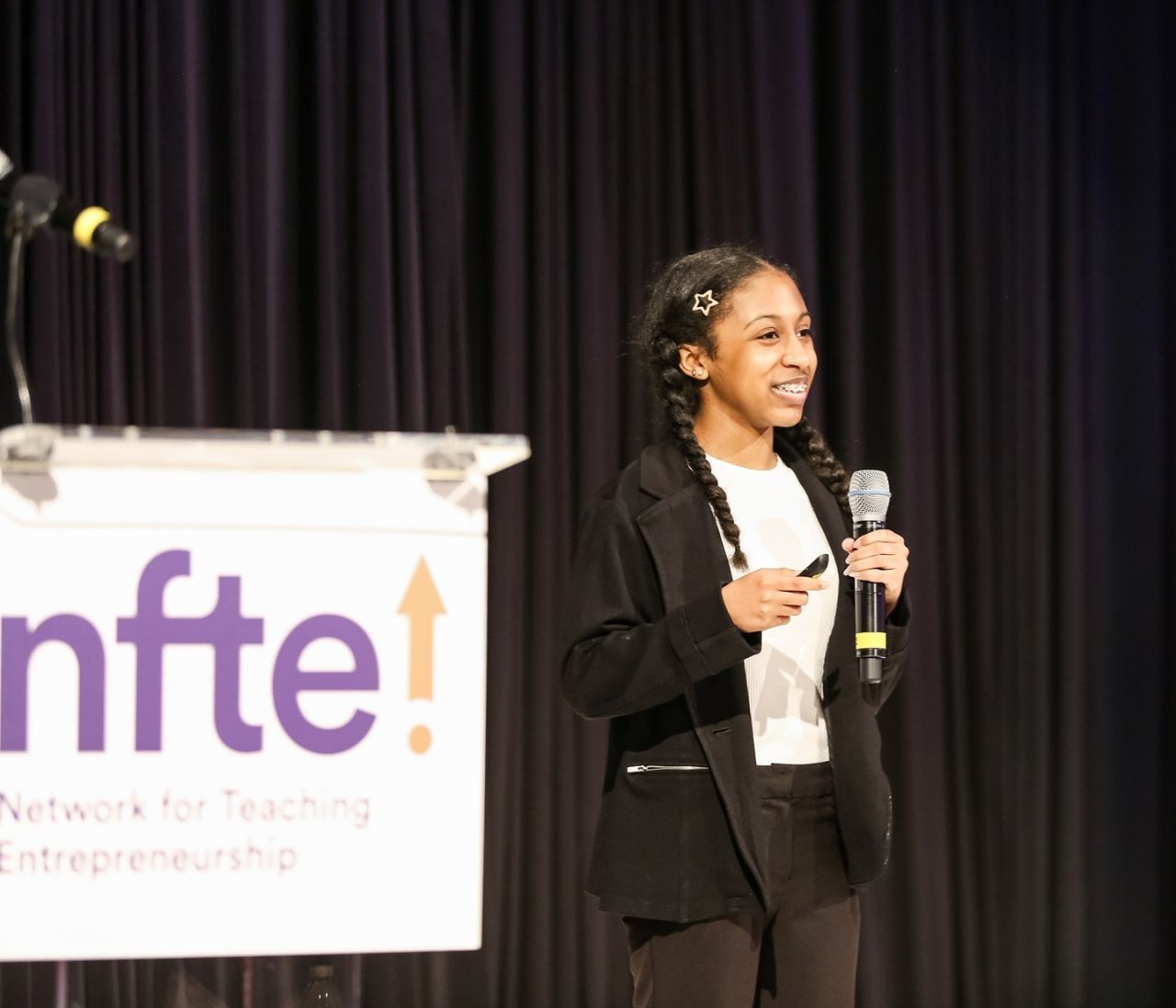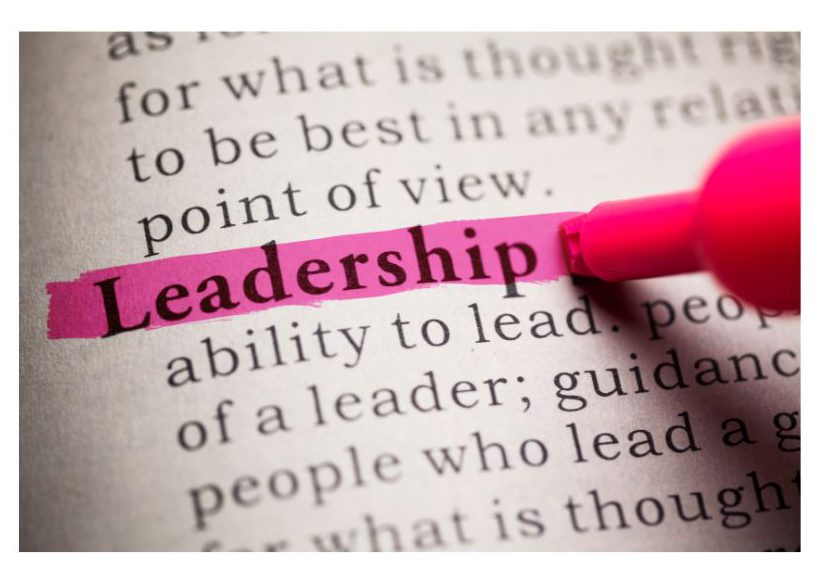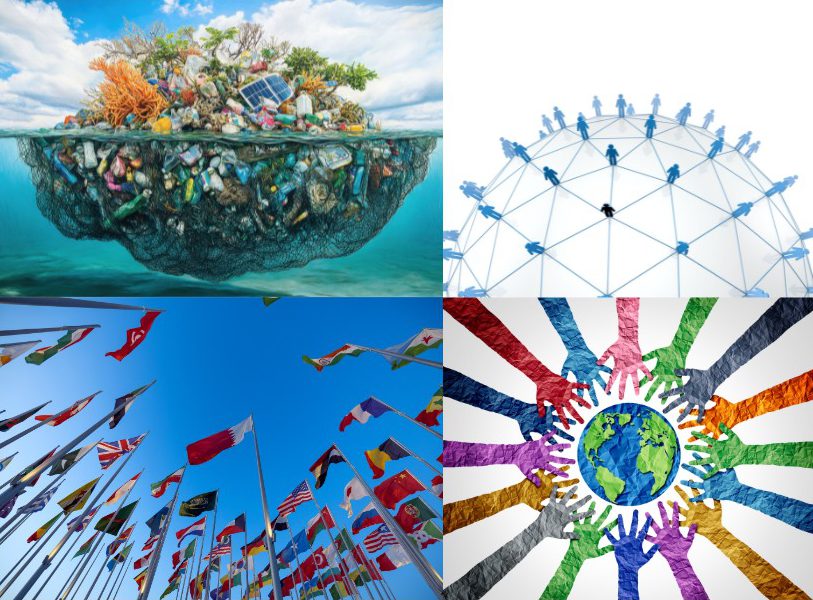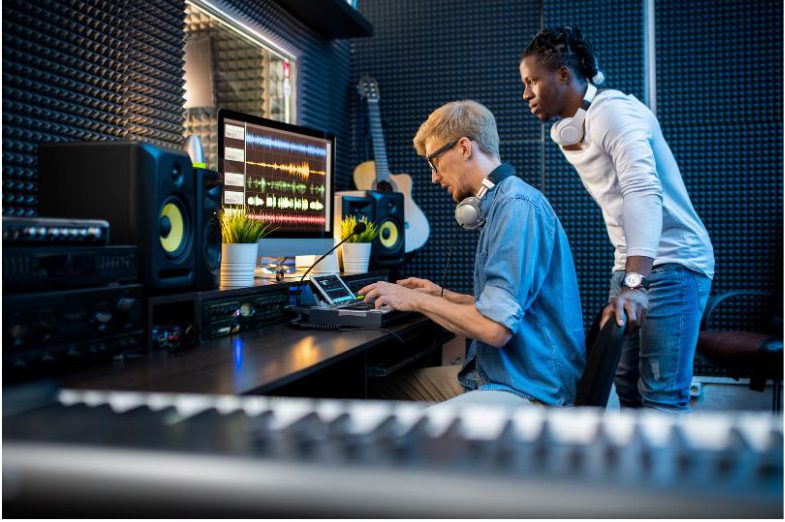
Girls Mean Business: Closing the Gender Gap in Entrepreneurship
Posted by
For a long time, entrepreneurs have skewed male. Few women start businesses. Even fewer receive funding, and they often face systemic barriers at every step. But now a new generation is challenging this status quo, and entrepreneurship education is giving them the tools to lead.
At the Network for Teaching Entrepreneurship (NFTE), we see barriers fall every day. Girls in our programs experience some of the biggest gains in entrepreneurial mindset growth, durable skills, and confidence. They don't just learn how to build a business; they learn how to own their future.
Here’s how.
Girls want to lead, but the path isn’t always clear
At the start of a typical NFTE course, boys are more likely to say they want to start a business. By the end, that gender gap has narrowed dramatically. Entrepreneurship education empowers girls to see themselves as founders, leaders, and innovators.
As more girls embrace entrepreneurship, they’re transforming communities. Raneem Al Suwaidani is one example. While a student at the Metropolitan Regional Career and Technical Center in Providence, RI, Al Suwaidani launched Lilypad. This food-truck-rental service helps BIPOC entrepreneurs test culinary concepts in low-risk, high-visibility ways. Her idea won her first place in NFTE’s regional, national, and global competitions.
“I realized I’m capable of achieving anything I set my mind to,” Al Suwaidani said. “It shattered the stereotype that business is mostly a space for men and showed me that anyone, regardless of gender, can create, lead, and succeed.”
Her experience reflects broader trends. According to an NFTE policy brief on tackling gender disparities in entrepreneurship, girls don’t just close the gap in entrepreneurial interest during the program—they often surpass expectations. By the end of an NFTE course, over 75% of female students report wanting to start a business, nearly matching the percentage of their male peers. With early support, these girls don’t just catch up. They lead.
Mindset Makes the Difference
Entrepreneurship education builds far more than business acumen. This education fosters adaptability, creativity, and initiative, which are noncognitive skills crucial for long-term success. NFTE measures these and other skills through its Entrepreneurial Mindset Index (EMI)TM.
NFTE’s data shows that while girls often begin an entrepreneurship course with lower confidence in areas like risk-taking, they often complete the program with some of the highest growth across all EMI domains. In fact, girls regularly outpace boys in comfort with risk, an area where they initially lag.
Just ask Michela Maxera, a high school student at the International School of Panama and a finalist in NFTE’s 2024 World Series of Innovation (WSI). While volunteering to install solar panels in rural schools, Michela encountered a new problem: even with electricity, classrooms still lacked internet. She designed ConnectED, a solar-powered Wi-Fi system that harnesses the sun’s energy to provide wi-fi hotspots in rural communities. She prototyped and tested it with help from her school and now plans to scale it using her WSI prize funds.
“WSI gave me the push to try something big,” Maxera said. “If I fail, I learn. If I succeed, I grow.”
Maxera’s story perfectly exemplifies mindset in action by identifying problems as opportunities and stepping forward with creativity, initiative, and grit.
Representation and mentorship matter
When girls see female entrepreneurs, their sense of what’s possible evolves. It’s why NFTE values female educators, mentors, and judges. Students who connect with mentors tend to show higher gains in entrepreneurial learning and grow in key skills, like communication, collaboration, and risk-taking. It’s also why young leaders like Maxera are so important — not just for what they build, but for who they inspire.
Maxera said, “Closing the gap isn’t just a matter of fairness; it’s a smart move. When women have equal access to capital, mentoring, and decision-making power, the pool of ideas immediately grows. Bridging the gap accelerates growth, broadens perspectives, and builds a more inclusive and resilient world.”
Her advice to other girls interested in launching ventures? Start before you feel ready. Don’t wait for perfect conditions. Surround yourself with mentors, competitors, and peers who push you. Every setback is data. Every pivot is progress.
Patty Alper, President of the Alper Portfolio Group and Co-Chair of NFTE’s National Board, has championed that kind of mentorship — real, consistent, and connected to student work for over 25 years. After volunteering with NFTE in 1998, she developed what became known as Project-Based Mentoring® — a model where professionals guide students through hands-on projects, offering feedback, encouragement, and real-world perspectives.
“The importance of young women being mentored and learning from experienced practitioners is invaluable,” Alper said. “Mentors help students move from Place A to Place B. Students stop seeing success as something far away—and start seeing it as real and attainable.”
Thousands of student letters have confirmed for Alper that mentorship builds confidence, bridges divides, and helps young women believe they belong in the business world. Her work continues to shape how education and industry partner to prepare students for what’s next.
Structural barriers still exist and must be addressed
Entrepreneurship education alone won’t fix gender inequity. Systemic challenges remain, from access to capital to implicit bias in the support provided to students.
NFTE’s brief calls for targeted interventions, including:
- Expanding access to entrepreneurship education in under-resourced schools.
- Ensuring gender equity in classroom environments and program design.
- Training educators on bias and inclusive practices.
- Elevating female entrepreneurs and mentors as role models.
- Collecting and sharing disaggregated data to track progress.
To truly expand access, we need policies that prioritize entrepreneurship education for all students, especially those historically excluded from leadership pipelines, by:
- Investing in professional development for teachers.
- Encouraging gender-responsive curriculum and program models.
- Creating funding streams that center equity.
In other words, when policy aligns with practice, change the scales.
The bottom line: Girls mean business
The impact is real, and the momentum is growing.
When girls have access to entrepreneurship education, they don’t just learn business. They become confident, capable leaders. Like Raneem and Michela.
Curious about how entrepreneurship education can change lives? Whether you are a student, parent, or educator, now is a great time to learn more about NFTE. Explore programs, stories, and resources at nfte.com and learn how students are solving global challenges through the World Series of Innovation at innovation.nfte.com.
Blog Categories
- Career Advice
- College Admissions
- Colleges & Universities
- Financial Aid and Scholarships
- For Counselors
- For Parents
- For Students
- Gap Years
- Mental Health and Wellness
- Online Learning
- Performing and Visual Arts
- STEM Majors and More
- Summer Programs
- Teen Volunteering
- Trade & Vocational Schools
- Tutoring & Test Prep

Organization with listings on TeenLife? Login here
Register for Free
We’re here to help you find your best-fit teen-centered academic and enrichment opportunities.
Forgot Password
"*" indicates required fields









